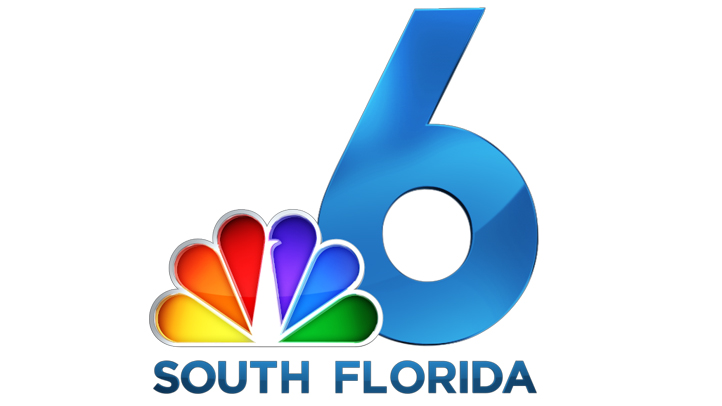Online shopping scams are prevalent amid the upcoming Amazon Prime Day, NBC6’s Yaima Crespo reports.
As consumers look forward to Amazon Prime Day to snag deals, it's essential to stay vigilant against potential scams.
The Better Business Bureau (BBB) has issued a warning about email phishing attempts that appear to be from legitimate stores.
Watch NBC6 free wherever you are
"It's an email that can have logos copied from a legitimate company, in this case, Amazon," cautioned Cinthya Lavin, a spokesperson from the BBB. "It could have deals that appear to be true, but then there's links within the email that connect you and it can take information out of your computer."
A recent survey conducted by Retail-Me-Not, a leading deals site, indicates that consumers are tightening their budgets this Prime Day. The survey involving over 1,000 participants revealed that the average Prime Day shopper plans to spend $250 this year, a drop from the $388 spent in 2022 and a significant decrease from the $594 spent in 2021.
Get local news you need to know to start your day with NBC 6's News Headlines newsletter.
Spotting Amazon Prime Day scams
However, no matter how much or how little you spend, the threat of scams remains. Hence, shoppers need to be vigilant. Tracking purchases, particularly when making many of them, is recommended. Unsolicited texts or phone calls claiming you've won a prize or reporting a delivery issue are usually a red flag.
"They can take advantage of your credit cards and start doing unauthorized charges," Lavin said.
Responds
Responding to every consumer complaint
In fact, the Federal Trade Commission reported that fraudulent text messages regarding package delivery issues and Amazon security alerts were among the top scams in 2022. Victims ended up giving scammers personal information including social security numbers and even remote access to their phones.
Amazon also provides some guidance on how to identify genuine emails from the company. They might occasionally send emails with attachments, these will always be linked in a box labeled "Attachments(s) protected by Amazon." These specific links are safe to open. However, any email or text message containing links or attachments that seem suspicious should not be opened.
If you've mistakenly opened a suspicious link or attachment, it's crucial to take immediate steps to protect your system. Enabling two-step verification is also highly recommended for added security.
While Amazon does reach out to customers, it's important to remember that they will never ask you to disclose or verify sensitive personal information or offer a refund that you're not expecting.
Look-alike websites
Shoppers should be wary of social media ads that redirect to look-alike websites. At first glance, these sites might seem trustworthy, but upon closer inspection, inconsistencies may become evident.
Professional photos, often stolen from other sites, are used to deceive consumers into thinking the website is legitimate. It's crucial to ensure the website is secure – look for "HTTPS" in the URL and a small lock icon on the address bar.
"Take a look around the website before you purchase anything. Does it just look to have one or two products? Does it just have a very little information to get in touch with the person selling it?" Lavin said.
Also, if the price seems too good to be true, it probably is. Do some comparison shopping for the same item and if there is a big difference, you could be dealing with a scammer
Making secure payments
It is important to choose your payment method wisely. For online purchases, using a credit card is generally the best option, as suspicious charges can be disputed later with the credit card company.
Consumers should be cautious of any retailer asking for payment via digital wallet apps, prepaid debit cards, or other unconventional methods.



